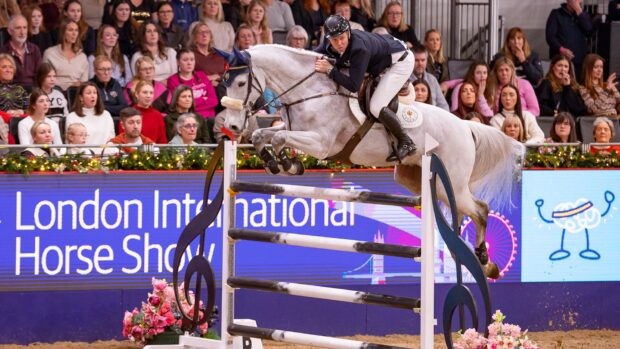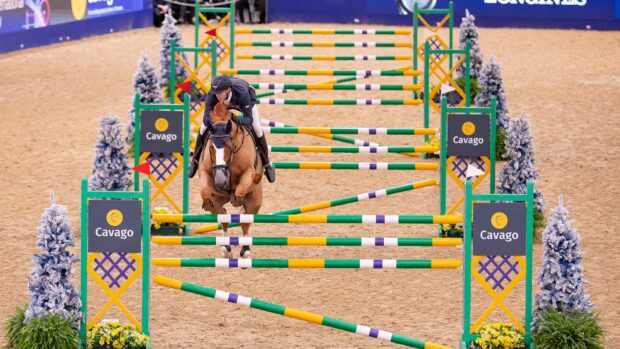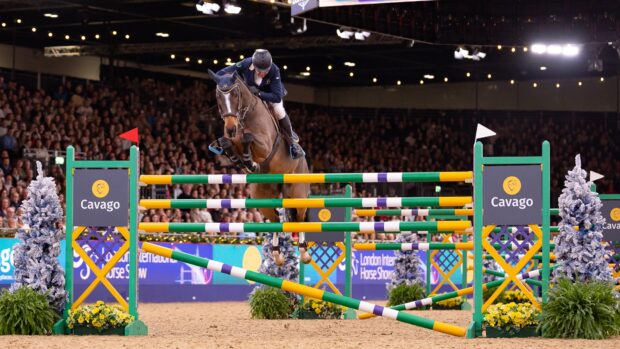A bid to ban hunt protesters from thousands of acres of private estate and farm land in West Sussex suffered a set back today as a top judge described some of the case as a “mish mash”.
Lawyers for the Crawley and Horsham Hunt want Mr Justice King to grant them an injunction against protesters, including the West Sussex Wildlife Protection Group and two of the people it says are the WSWPG’s principal activists, Simon and Jaine Wilde, of Bognor Regis.
The hunt, backed by landowners and supported by the Countryside Alliance and the Masters of Foxhounds Association, has brought its case under the Protection From Harassment Act.
It also alleges that anti-hunt protesters are creating a “nuisance” and have “trespassed” on private land, leading to separate claims under the common law.
Nuisance and trespass allegations thrown out
Today, Mr Justice King threw out the allegations of nuisance and trespass after ruling that lawyers for the hunt had not given enough detail about the accusations leveled.
“This pleading is a generalised mish mash seeking to bring together that which cannot be brought together,” said the judge. “It needs to be separated out.”
Earlier he had observed: “This court deplores the use of pleadings of this nature in generalised forms. It is too easy for claimants and leaves a defendant in an impossible position to know precisely the case he or she has to meet.”
Hunt claims continued harassment
But solicitor advocate, Tim Cruttenden-Lawson, for the hunt, will continue to argue that those associated with it have been subjected to “harassment” over many months, and need the protection of the courts.
He wants Mr Justice King to ban hunt protesters from land on which the hunt takes place — except that which has a public right of way — and also prevent those who hunt being intimidated, and their horses and hounds being disrupted.
The wildlife group, however, says it has substantial evidence that the hunt has broken the law, despite the hunt’s claim that it sticks to legal forms of the sport, such as following a false scent.
WSWPG describes itself as a “hunt monitor”, and says evidence gathered by similar organisations in the past has been instrumental in prosecuting hunts which have failed to abide by the Hunting Act.
The hunt denies doing anything unlawful.
The case, due to last five days, continues.
• Comment from the Countryside Alliance to follow.



